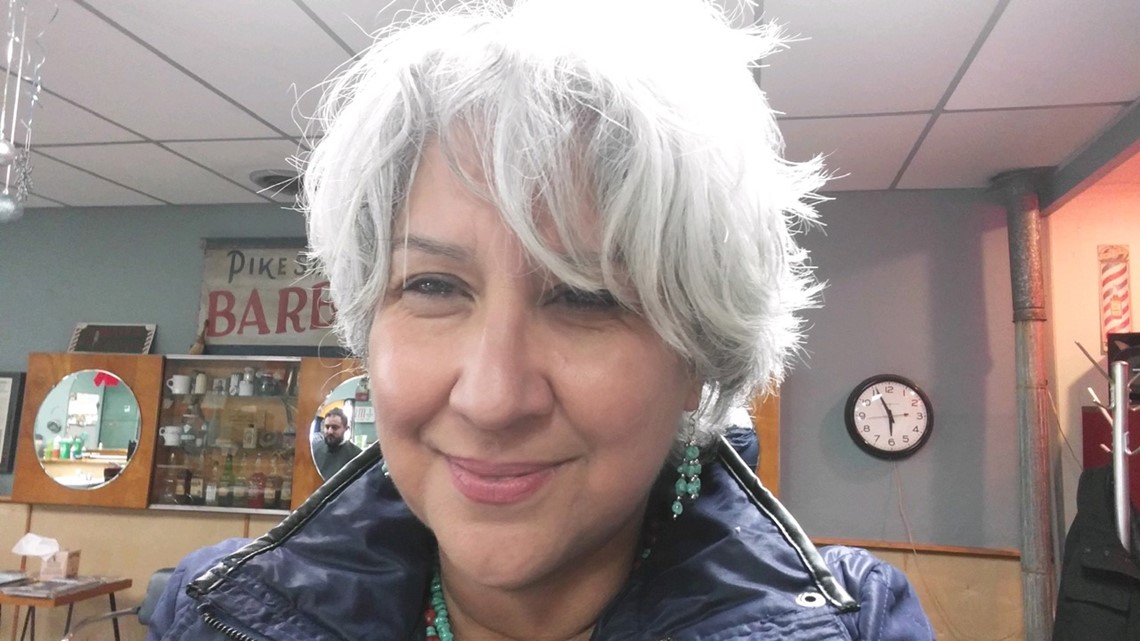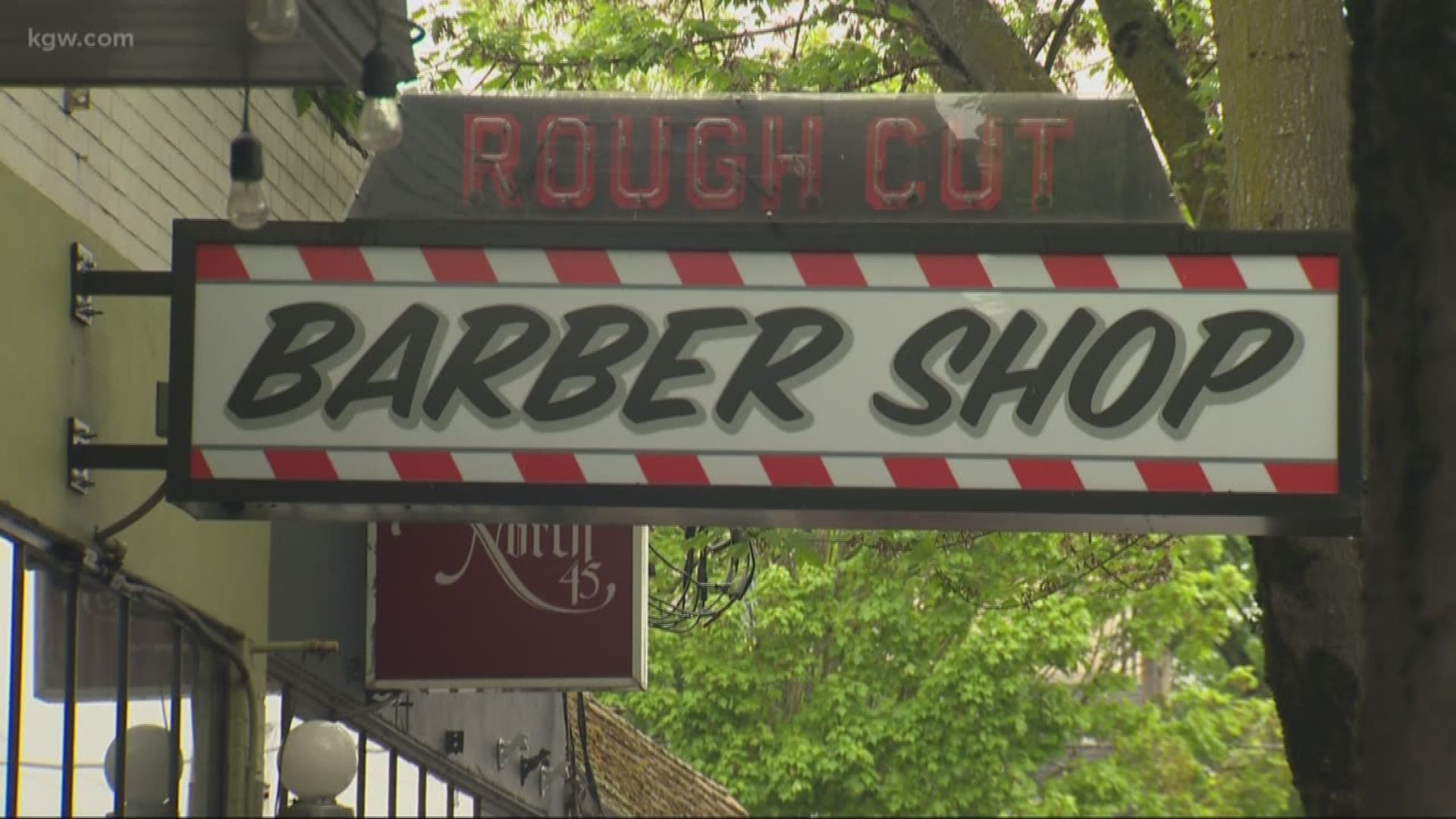PORTLAND, Ore. — Oregon's Employment Department has been challenged to process an overwhelming amount of unemployment claims.
It has also been working to set up a system to pay self-employed workers not normally a part of the unemployment system. But it expects to be ready to start processing their claims by the end of the month.
There are many people who work for themselves, from Uber and Lyft drivers to freelance workers of all kinds, to people who provide us services.
Like Veronica Swehla, who cuts hair for a living. Veronica's last day of work as a barber stylist at Rough Cut Barbershop in northwest Portland was March 22nd.
"It's been scary because obviously if we don't go to work we don't make money and there are no other resources other than what's been set up which I believe is like inventing the wheel for us," said Swehla.


People like Veronica typically don't pay into unemployment, so the system isn't set up to serve them.
The federal government has now told states to find a way to get unemployment and stimulus money to people like her, and other self-employed workers.
"Every state including Oregon has had to develop a program from scratch to be able to get those benefits to them," said Gail Krumenauer, spokesperson for the Oregon Employment Department.
The unemployment benefits start at $205 dollars a week. They could go up from there to as high as $648 dollars a week, based on tax information. In the short term, people will also get the $600 dollar a week federal unemployment payment on top of the state money. It's been tricky to get the program integrated into Oregon's old online system. But the OED is testing it now and planning to have it accepting applications by the end of April.
"And it is important to know that even though it has been a wait to get in for the self-employed, the 1099, the gig workers they will receive retro benefits for every eligible week once their benefits are coming," said Krumenauer.
Swehla feels fortunate some long time clients have offered to help. Although she's been humble in accepting much, she appreciates the connection.
"This has been the upswing for me, the humanity," said Swehla. "Because they know, they know that it's difficult."
But for Swehla and others and the thousands more in the same boat, the government aid can't come soon enough.
"And I'm grateful for it. But in saying that you still have bills coming in, you're still an independent contractor, that's why I'm not sitting here begrudging the state or the (un)employment office because I know they're struggling to get done what they have to get done for us."

